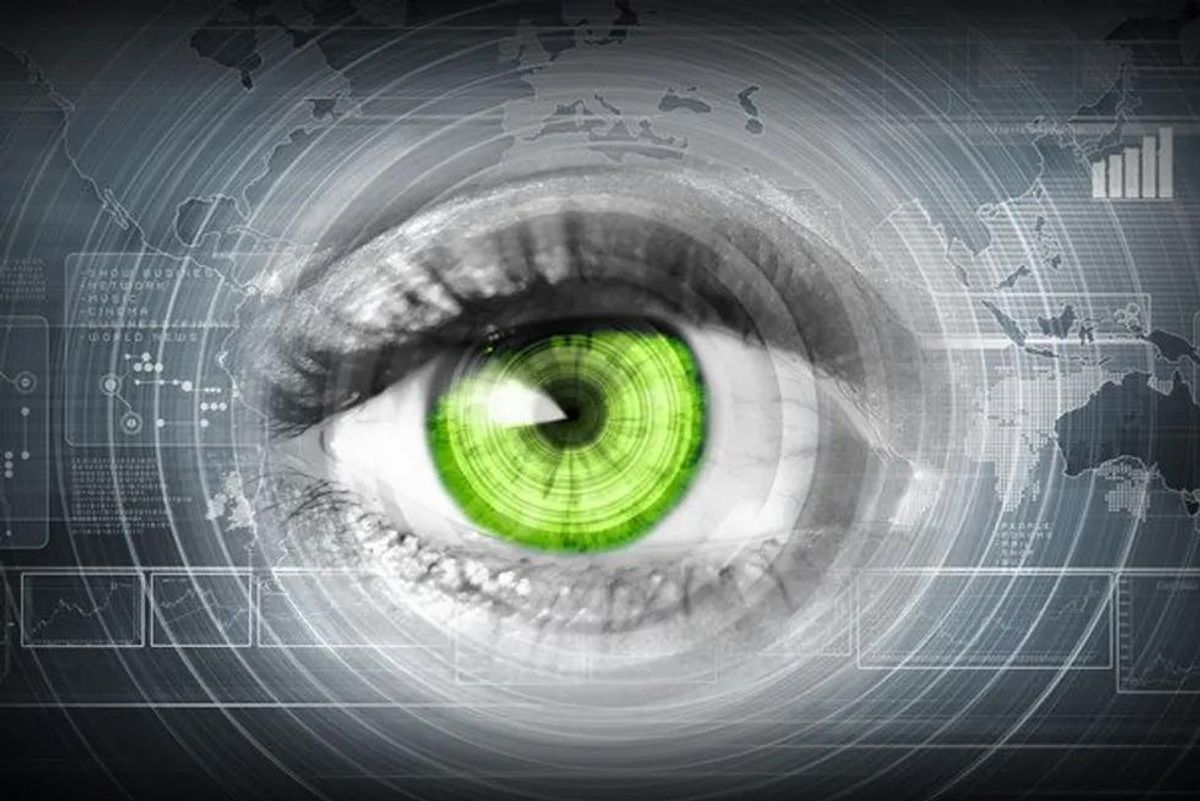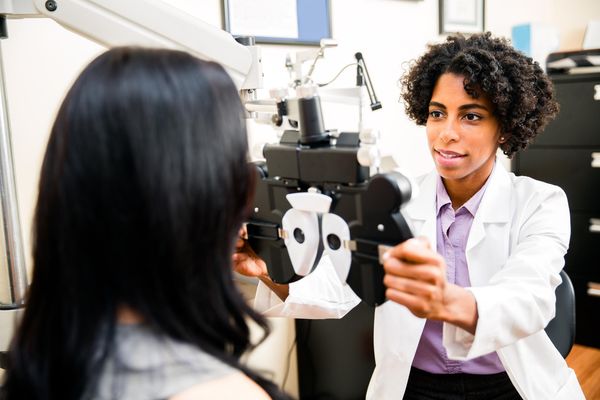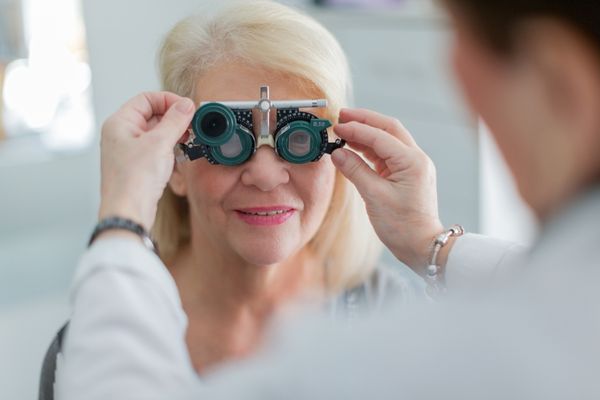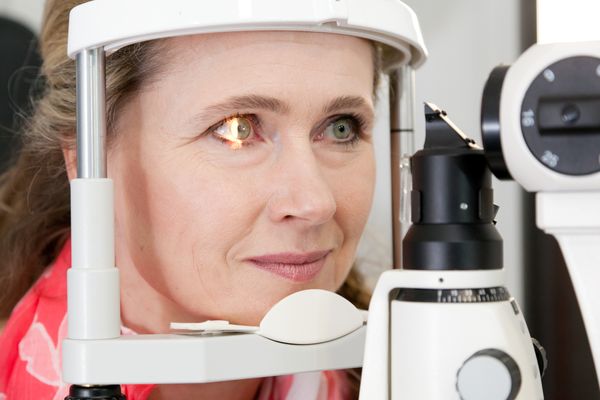Recently, my colleague Marcia wrote about a frightening experience she had with a retinal tear. Fortunately, she was able to see her ophthalmologist and receive emergency laser treatment to stave off an impending detachment. Her story had a happy ending, because she was proactive and didn't take a wait-and-see attitude.
That led me to think about other eye problems that we experience and the impact they may have on our vision—and when we should take prompt action. Just as Marcia had an eye emergency and paid attention to her symptoms and what they could mean, we all should be aware of how important it is to protect our eyes and get proper treatment to avoid pain and the potential of permanent vision loss.
Of course, all eye injuries are not preventable, but some may be. It's important to wear protective eye gear when you're working with power tools or hammers, as well as when you're around toxic chemicals. If you're out gardening, like so many of us are this time of year, it pays to be especially careful to protect your eyes, because the wind can kick up the soil or the chemicals you might be using.
If you're cycling in areas that are windy and dusty, it's wise to wear a good, sturdy pair of glasses or sunglasses (wraparounds are even better).
First Aid
Sometimes, you can try to treat certain problems yourself, but it's important to know how. Click here to learn about what to do if a small object gets stuck in your eye; if you get chemicals in your eye; if you suffer a cut, scratch or blow to your eye or a cut to your eyelid.
Although you may be able to help yourself or another person in certain instances, it's important to know what NOT to do. Do NOT:
- Rub or press on an injured eye.
- Remove contact lenses—unless your eye is rapidly swelling, there's a chemical injury (and after trying to flush your eye with water, the lens failed to come out) or you can't get prompt medical attention.
- Try to remove a foreign body or object that's embedded or stuck in any part of your eye.
- Use cotton swabs, tweezers or any other tool on the eye itself.
When to Get Outside Help
If you experience any of the following symptoms, you should contact your doctor or get help at an emergency room or urgent care center immediately:
- Loss or decrease of vision
- Burning or stinging
- Pupils of uneven size
- Eye pain
- Bleeding from the eye
- Redness or bloodshot appearance
- Severe itching
- Any injury to your eye like cuts, scratches, foreign objects in the eye, chemical exposure or blunt injuries to the eye or eyelid
- Seeing "floaters" or flashes of light
- Sensitivity to light
- Double vision
- Sensation of something stuck in your eye
Read more:
The Leading Cause of Blindness May Surprise You
10 Tips for Protecting Your Eyes
When You Need Medical Help Fast







